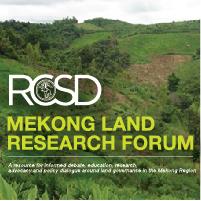Resource information
This article discusses two important concepts of food security and food sovereignty in the context of Vietnam’s post-reform economy. It examines Vietnam’s persistent choice of the food security framework, its resulting policies and their implications. The article argues that the choice of food security framework has served to justify the promotion of industrial agriculture and international trade. While this model has led to increased food productivity, it failed to guarantee access to and quality of food, the other two important pillars of the food security framework. More important, the article argues that the continued adoption of food security and industrial agriculture is not neutral but reflects the shifting position of the Vietnamese government away from the peasantry for the benefits of capital accumulation by other classes.


